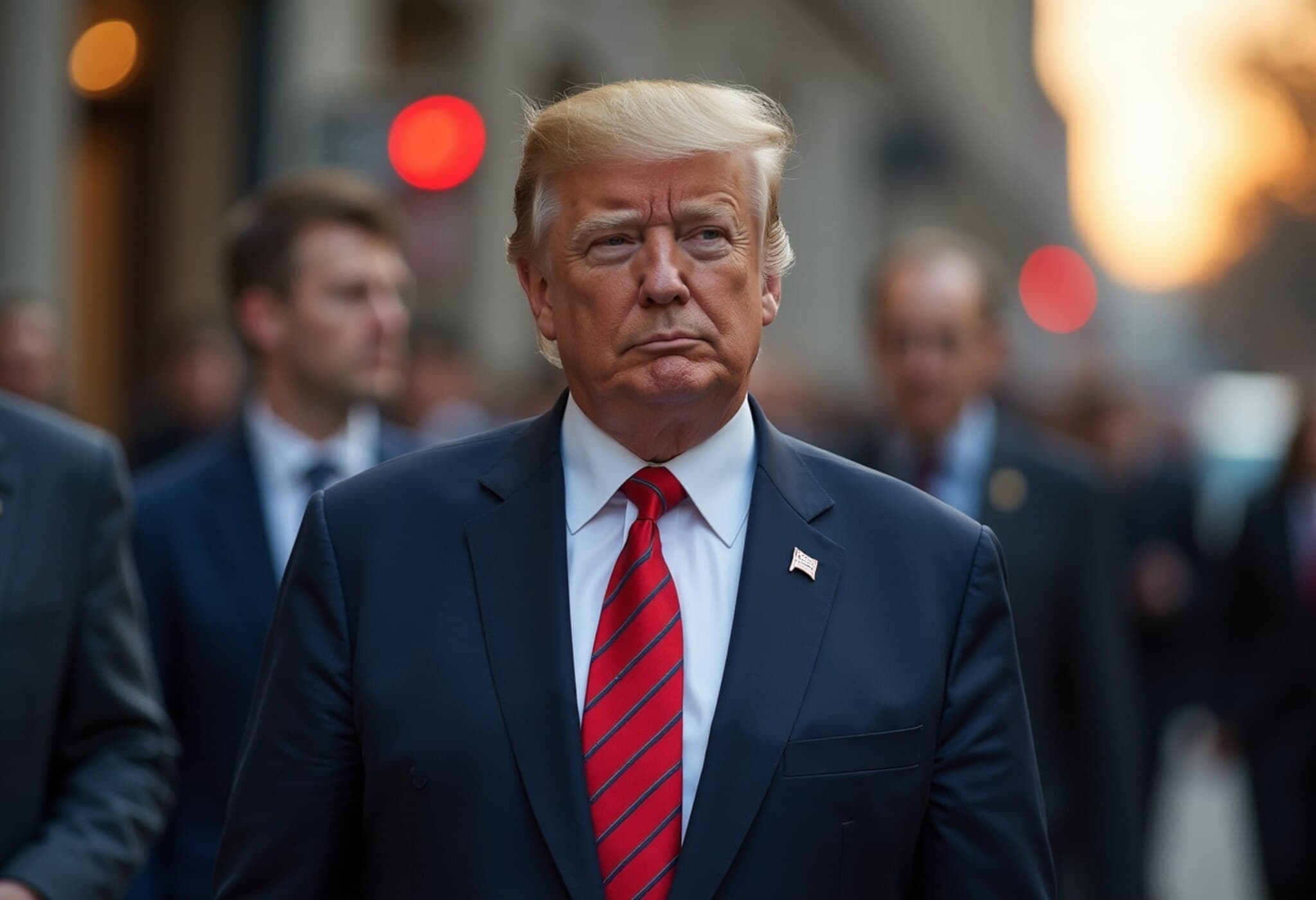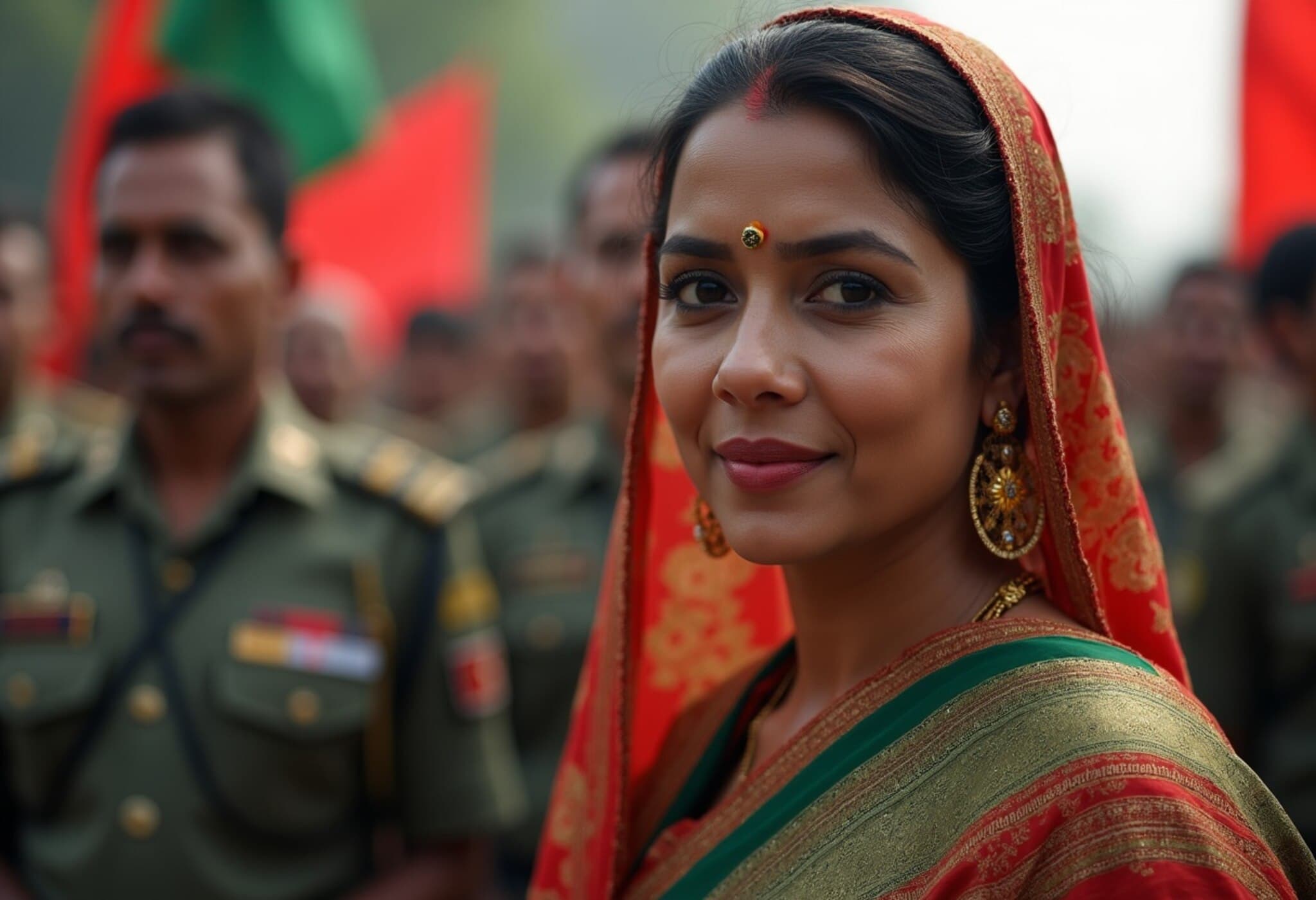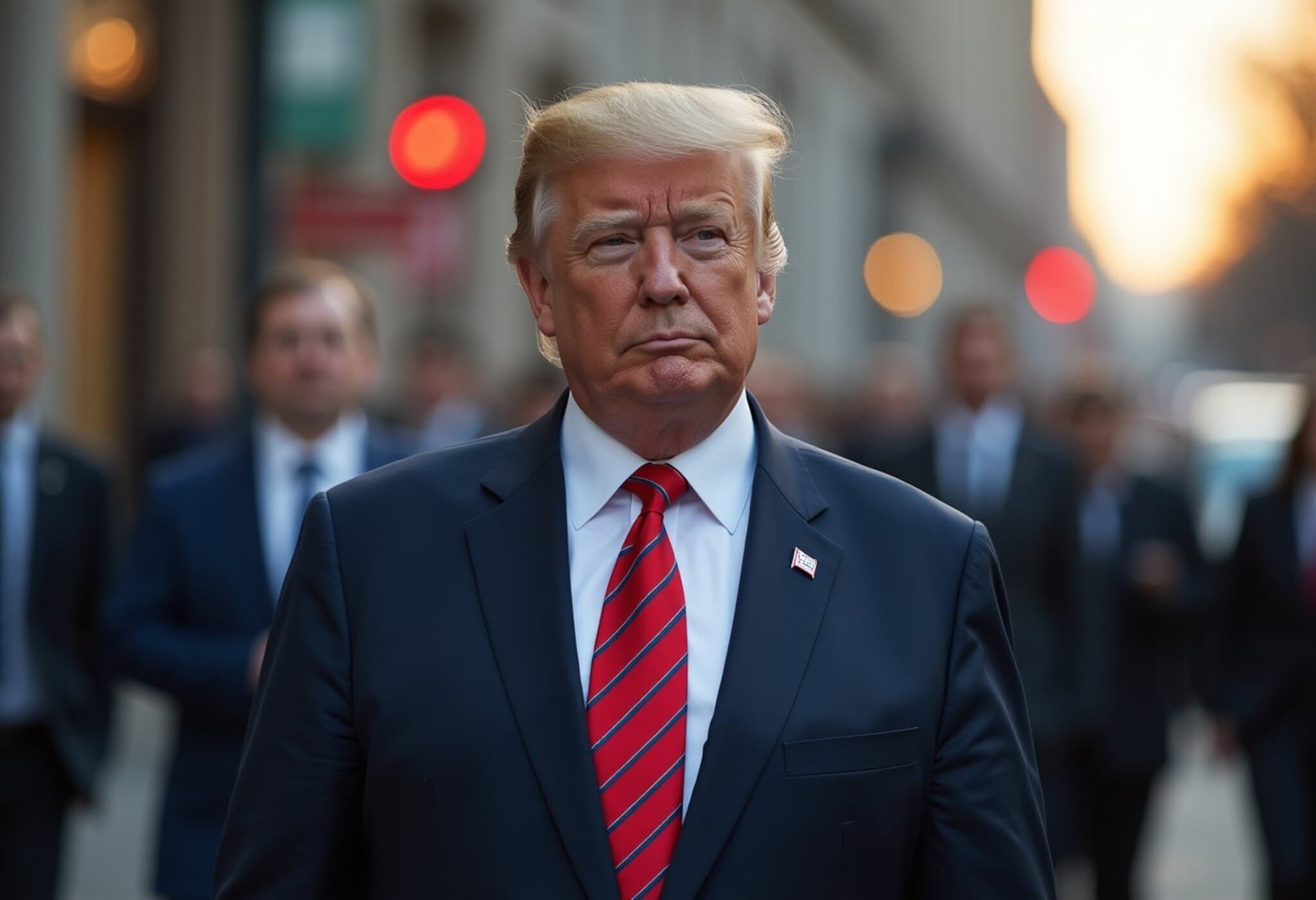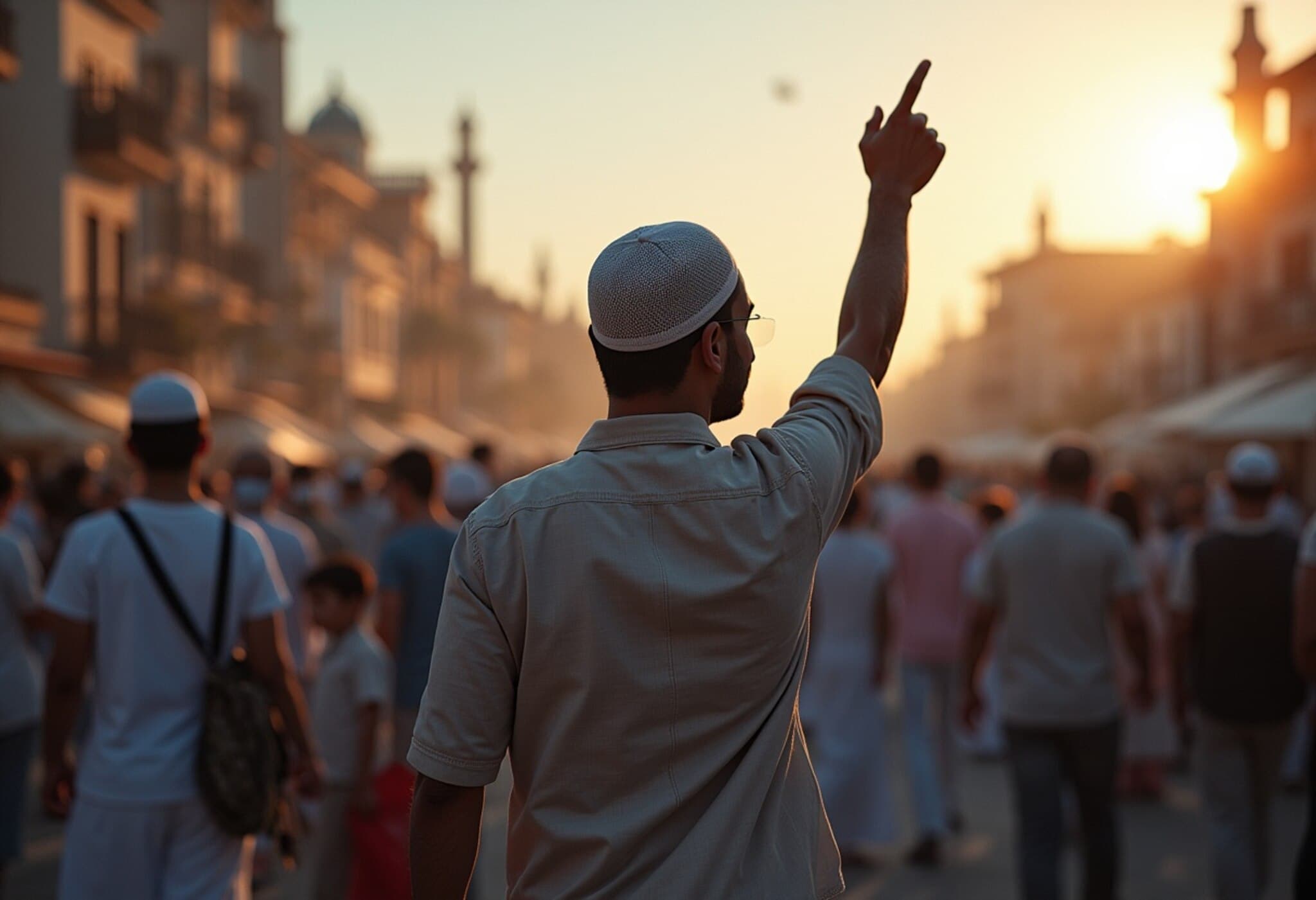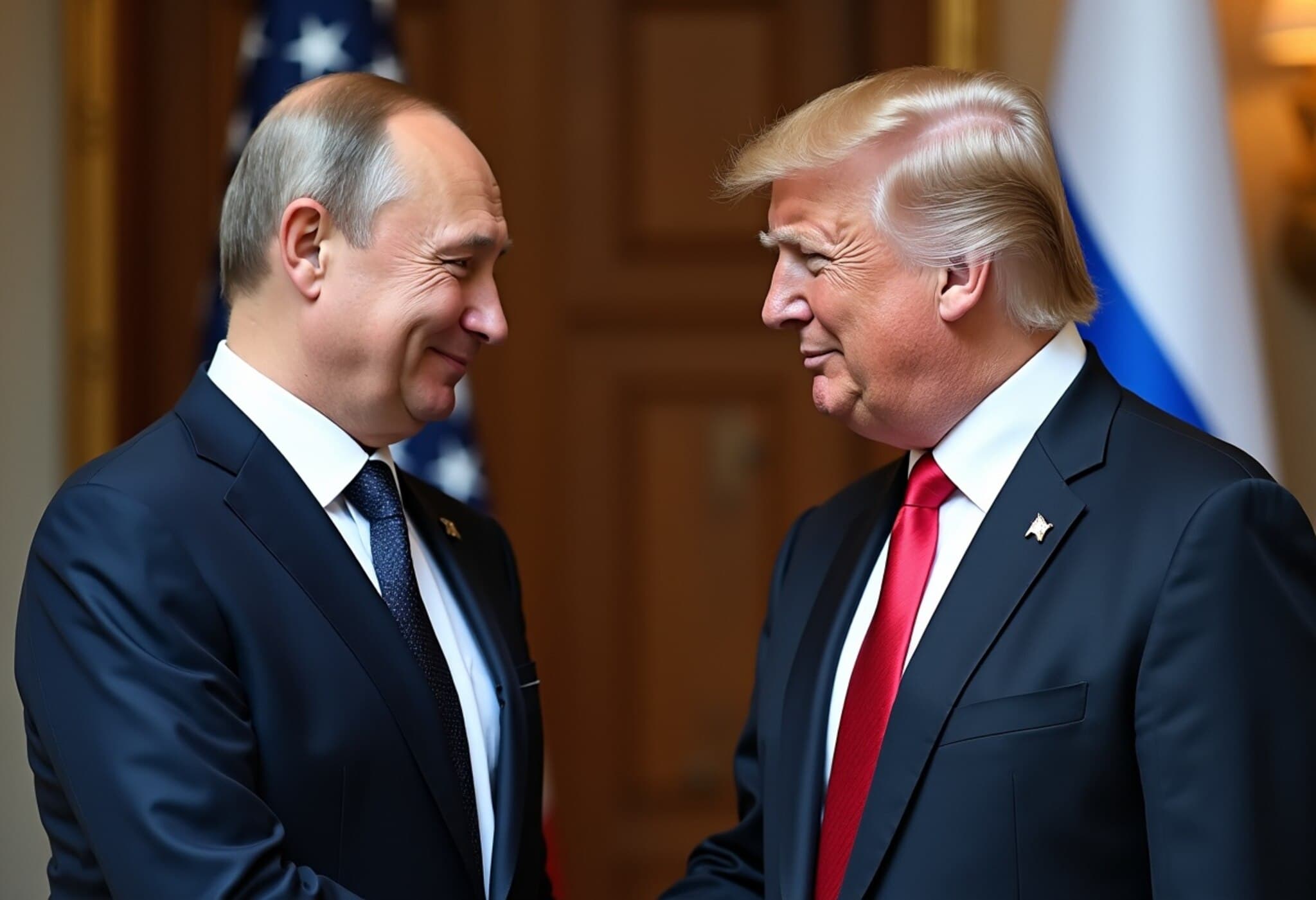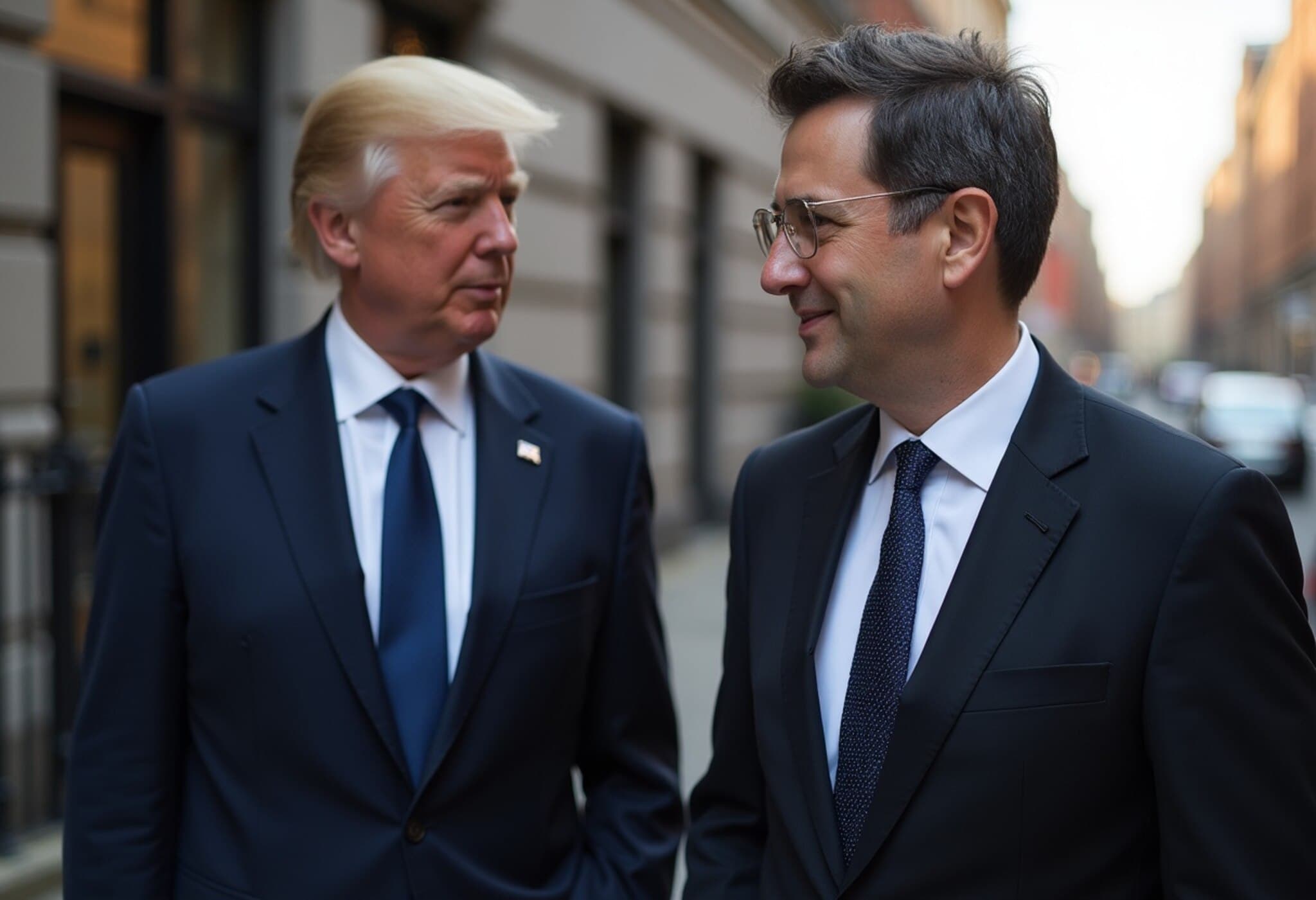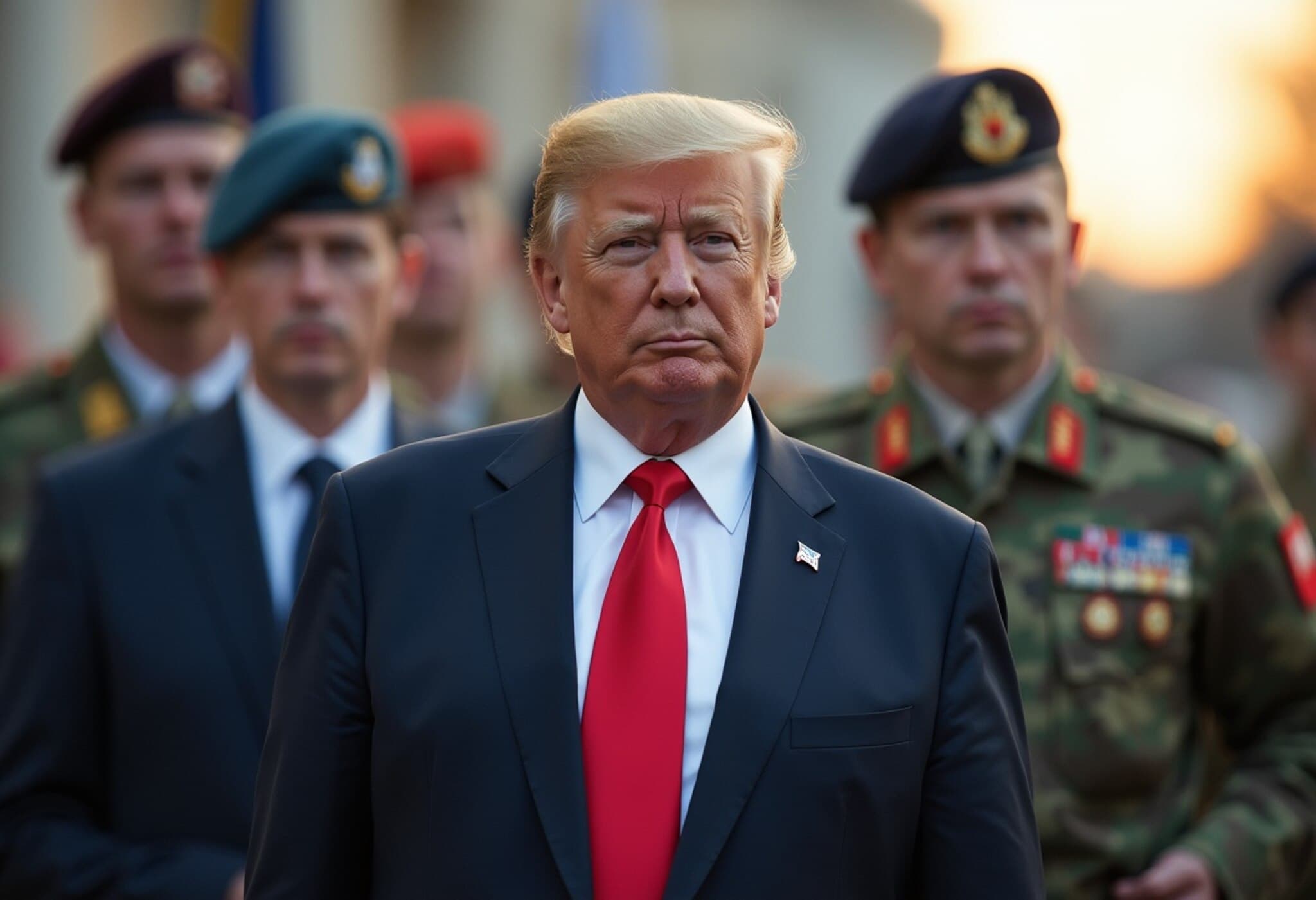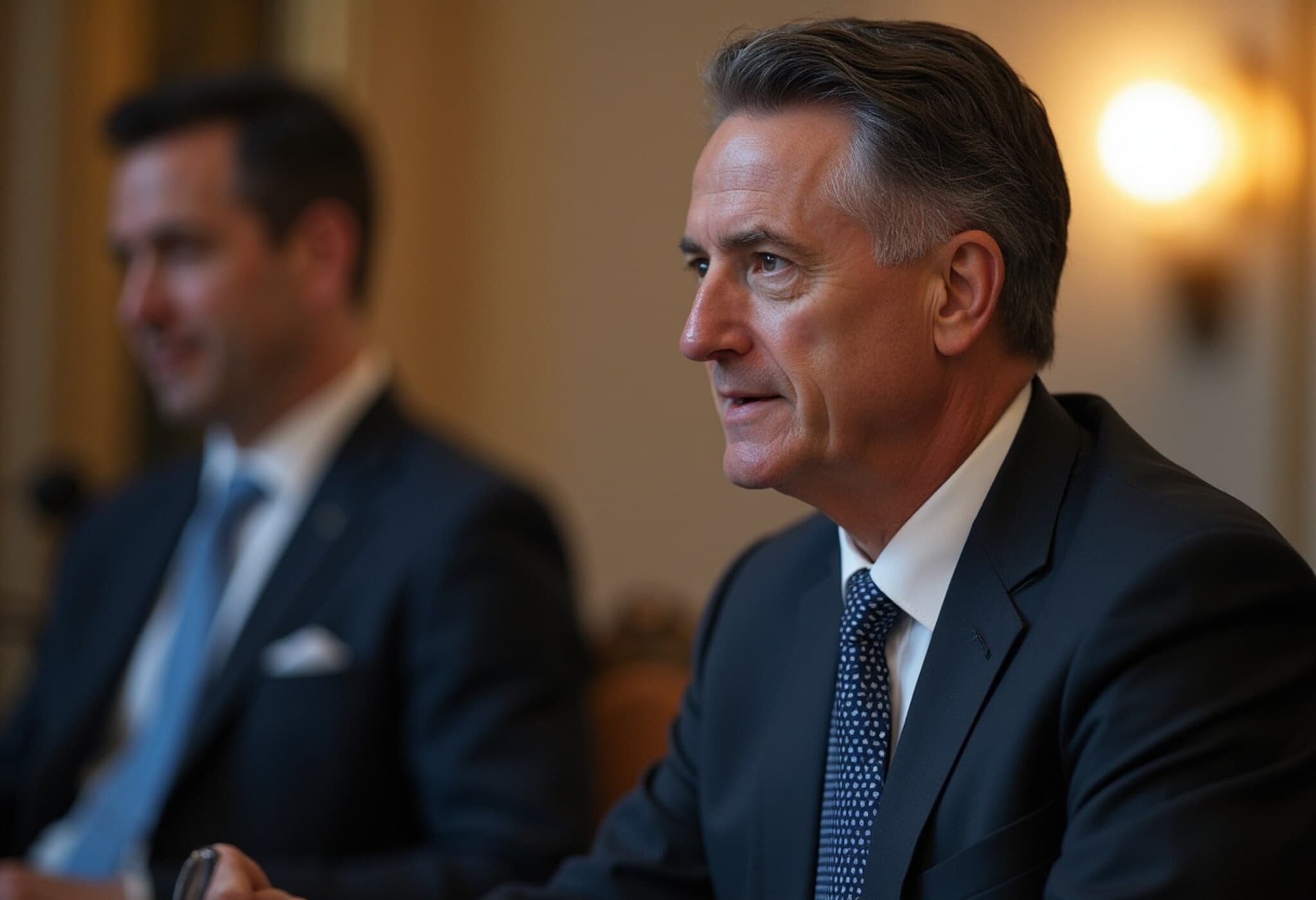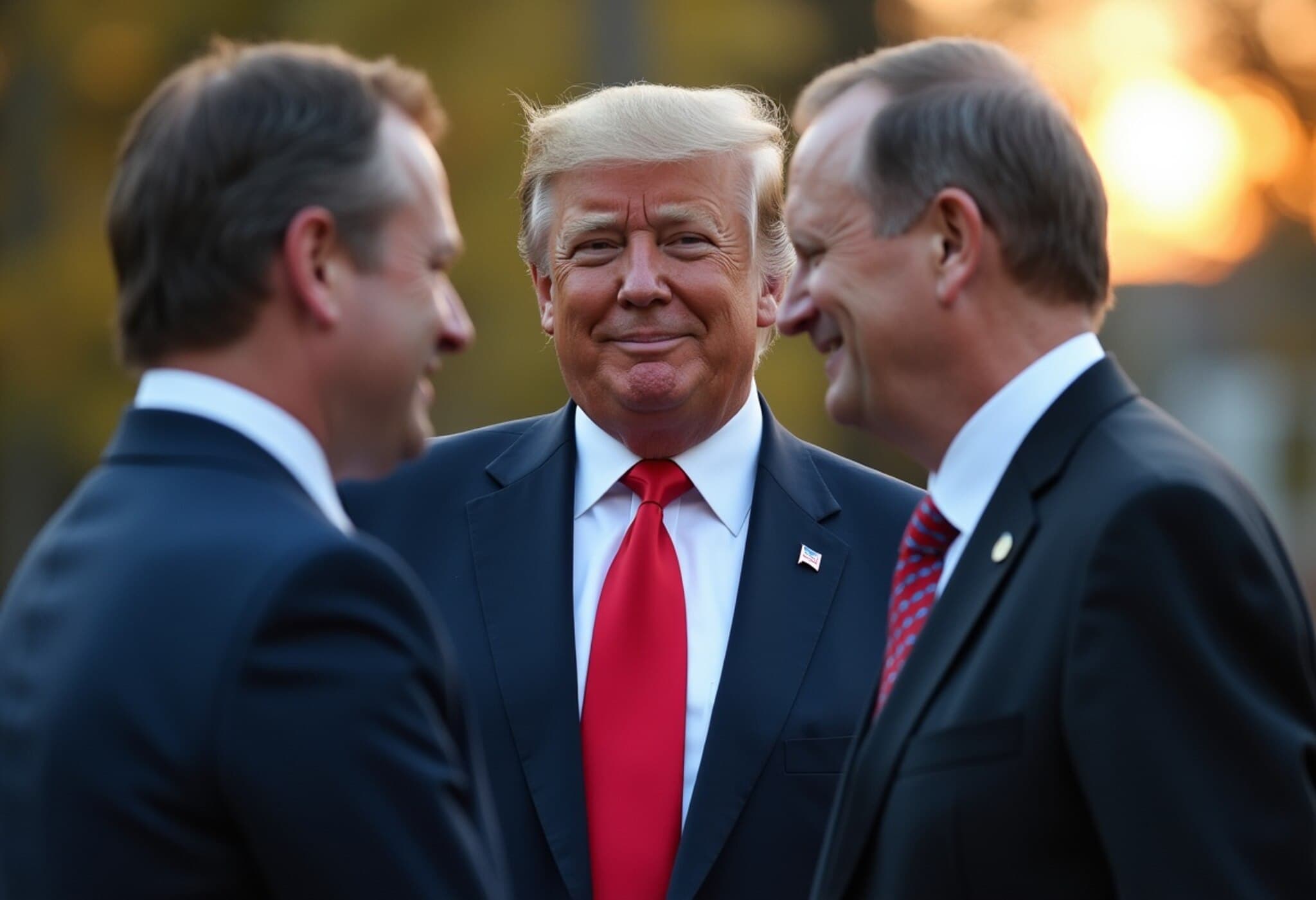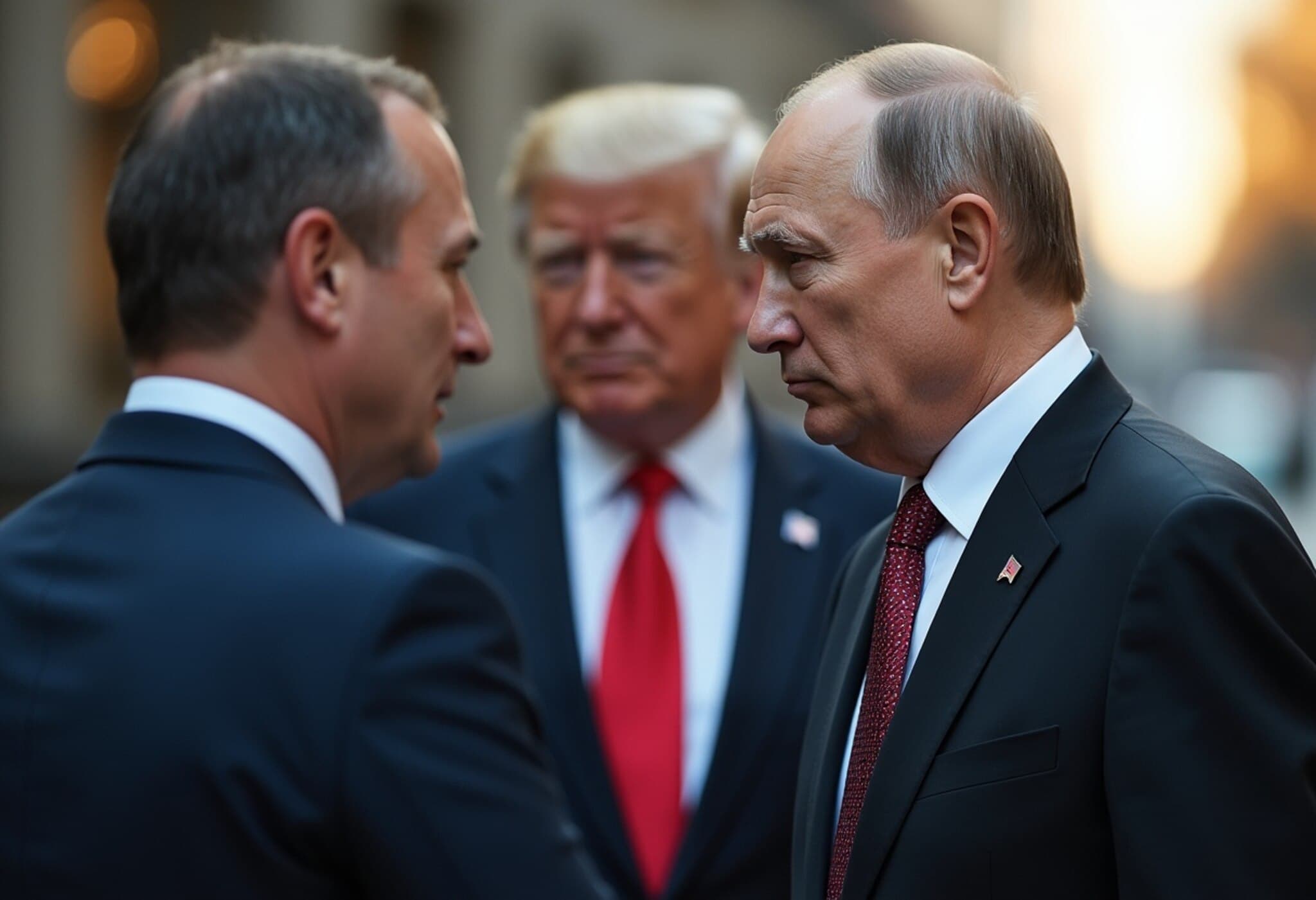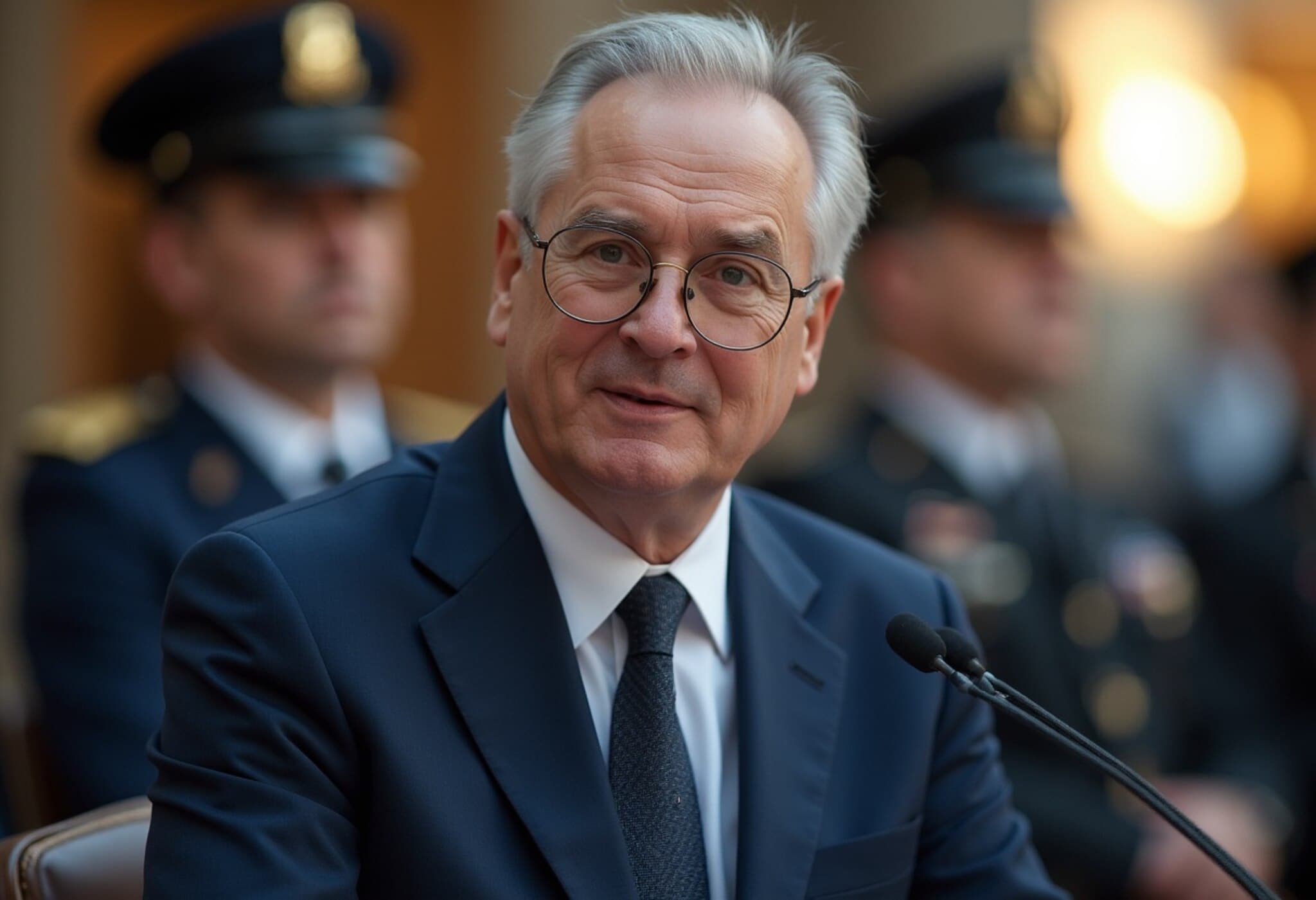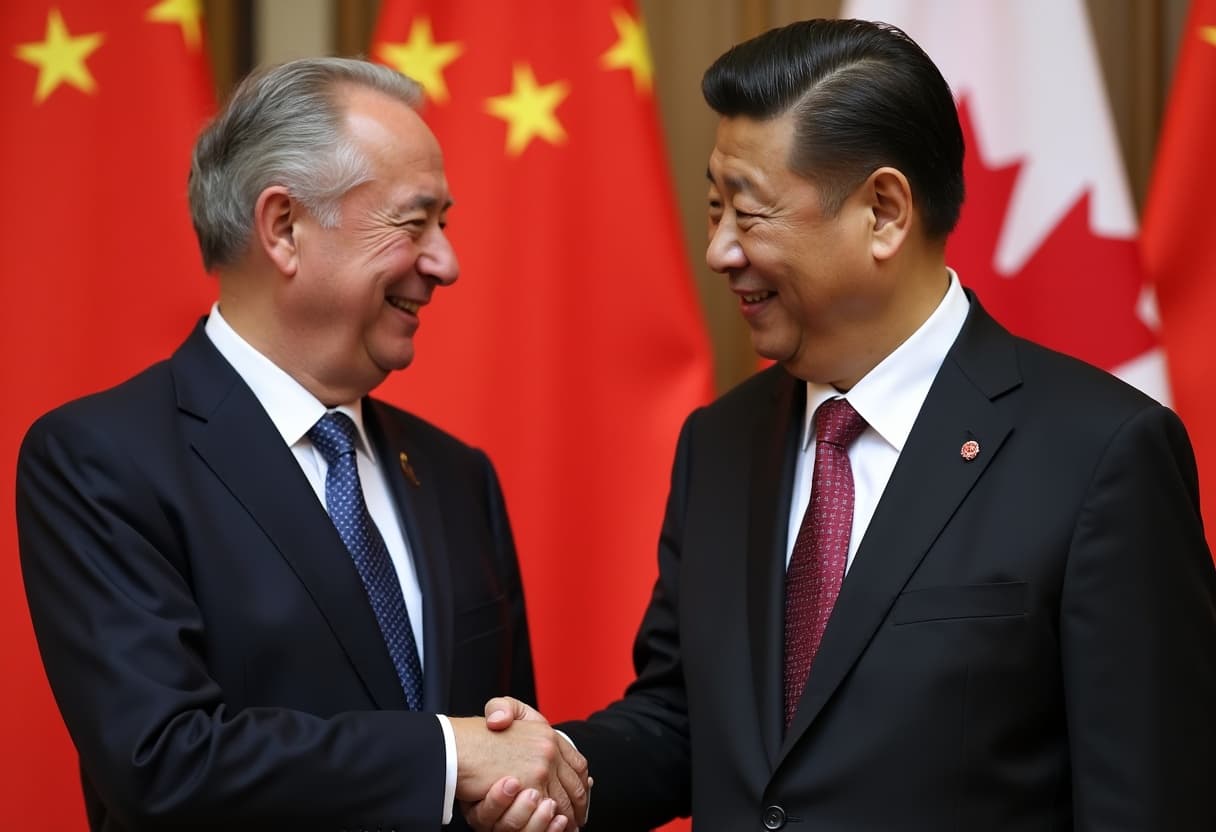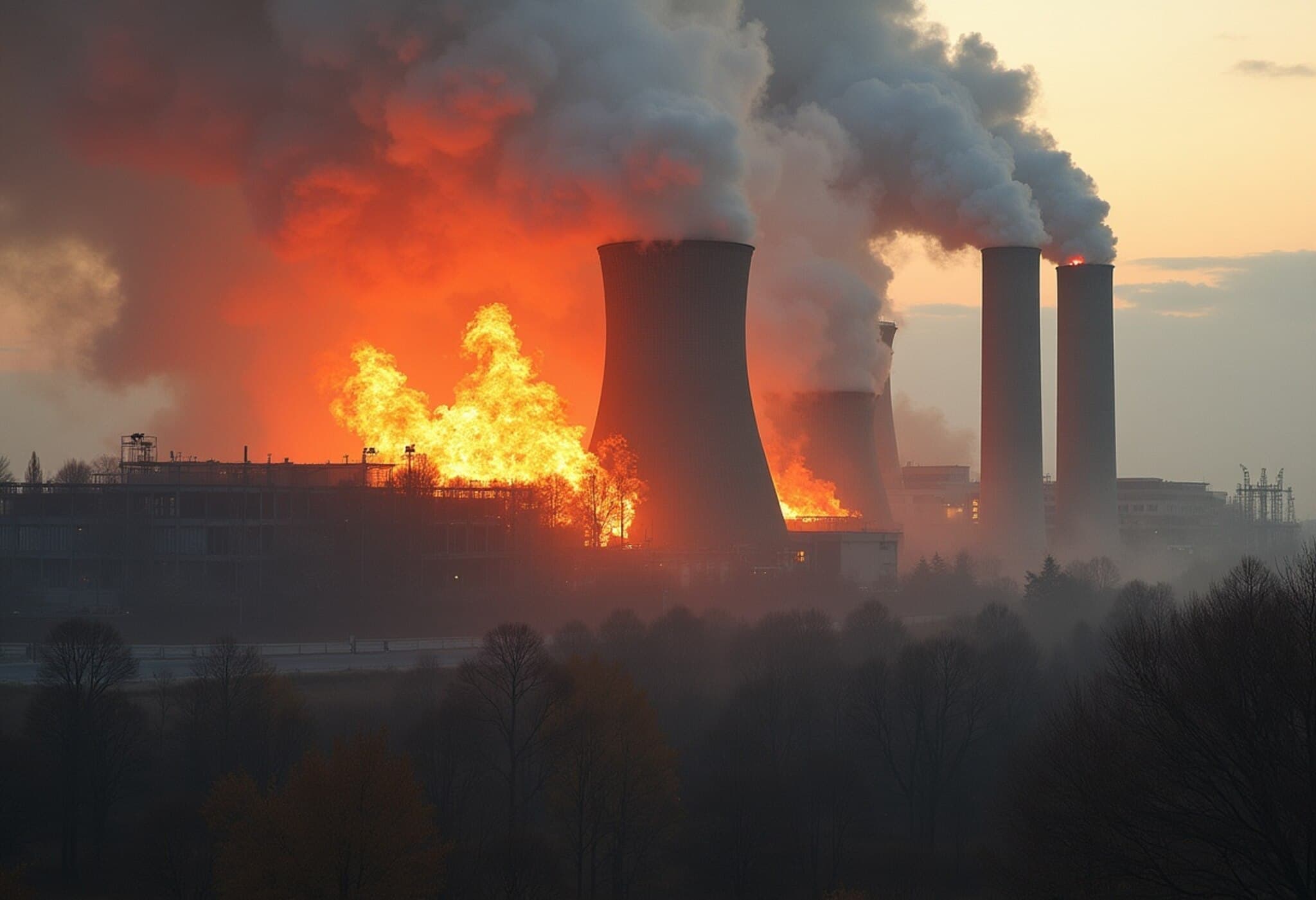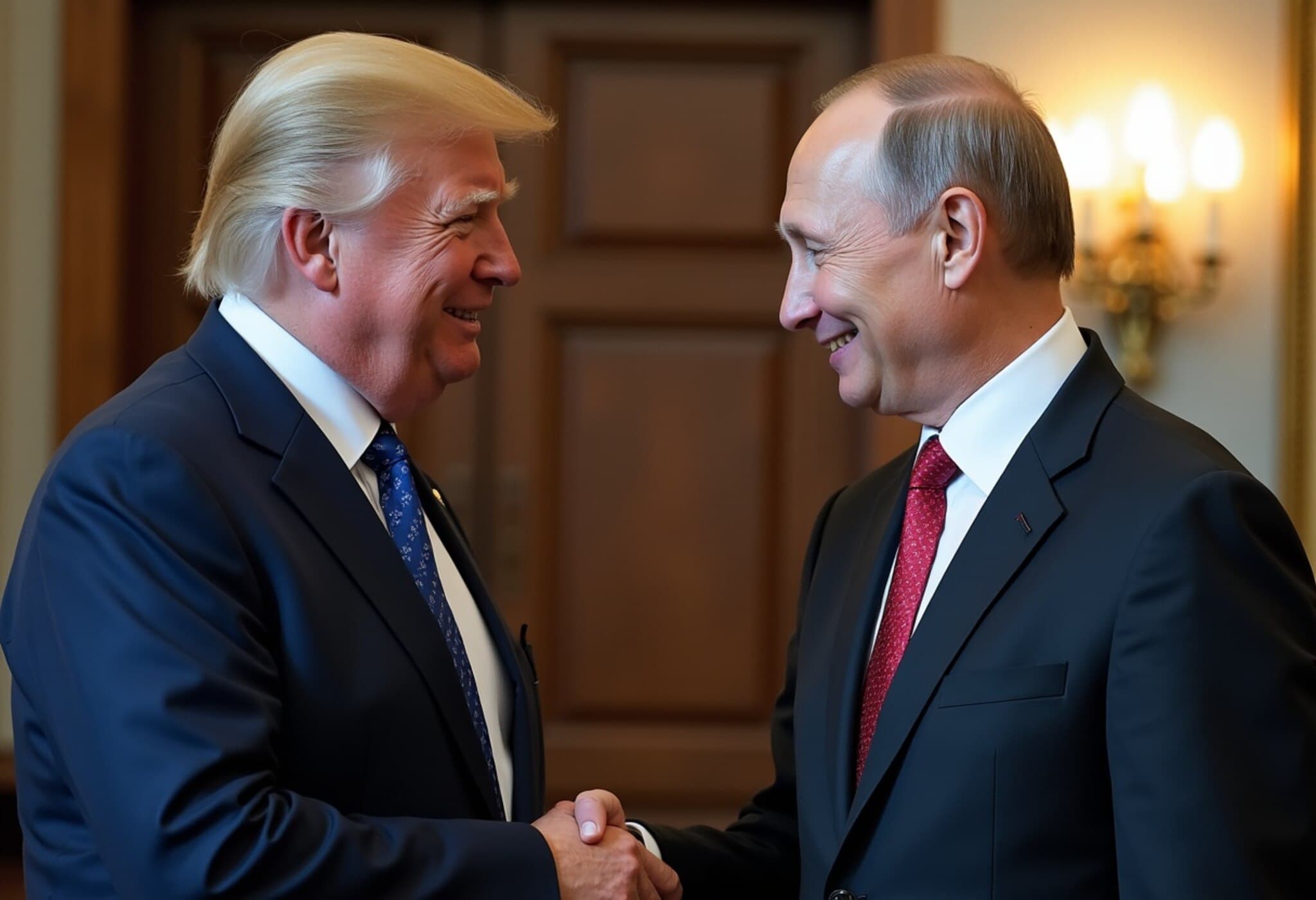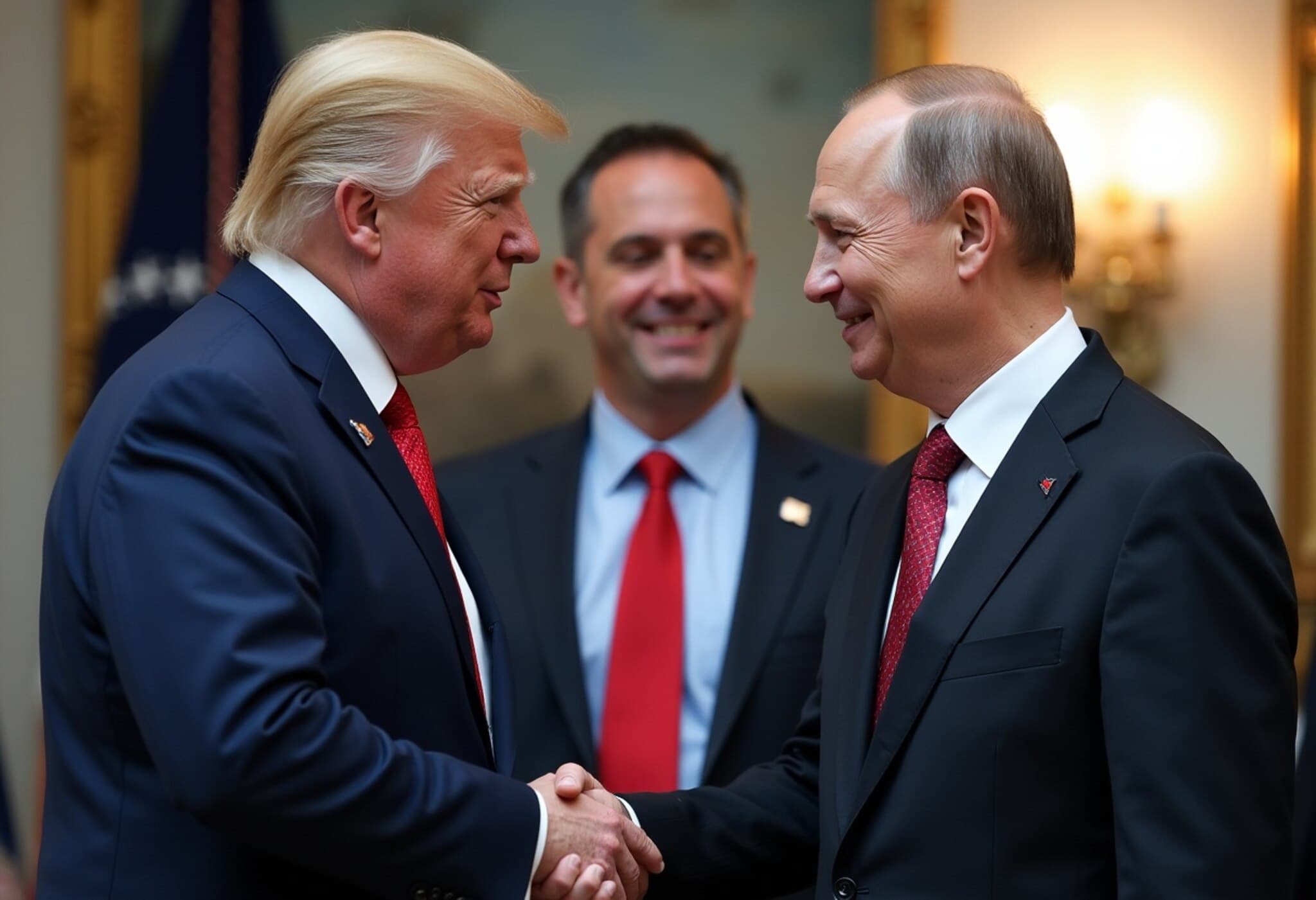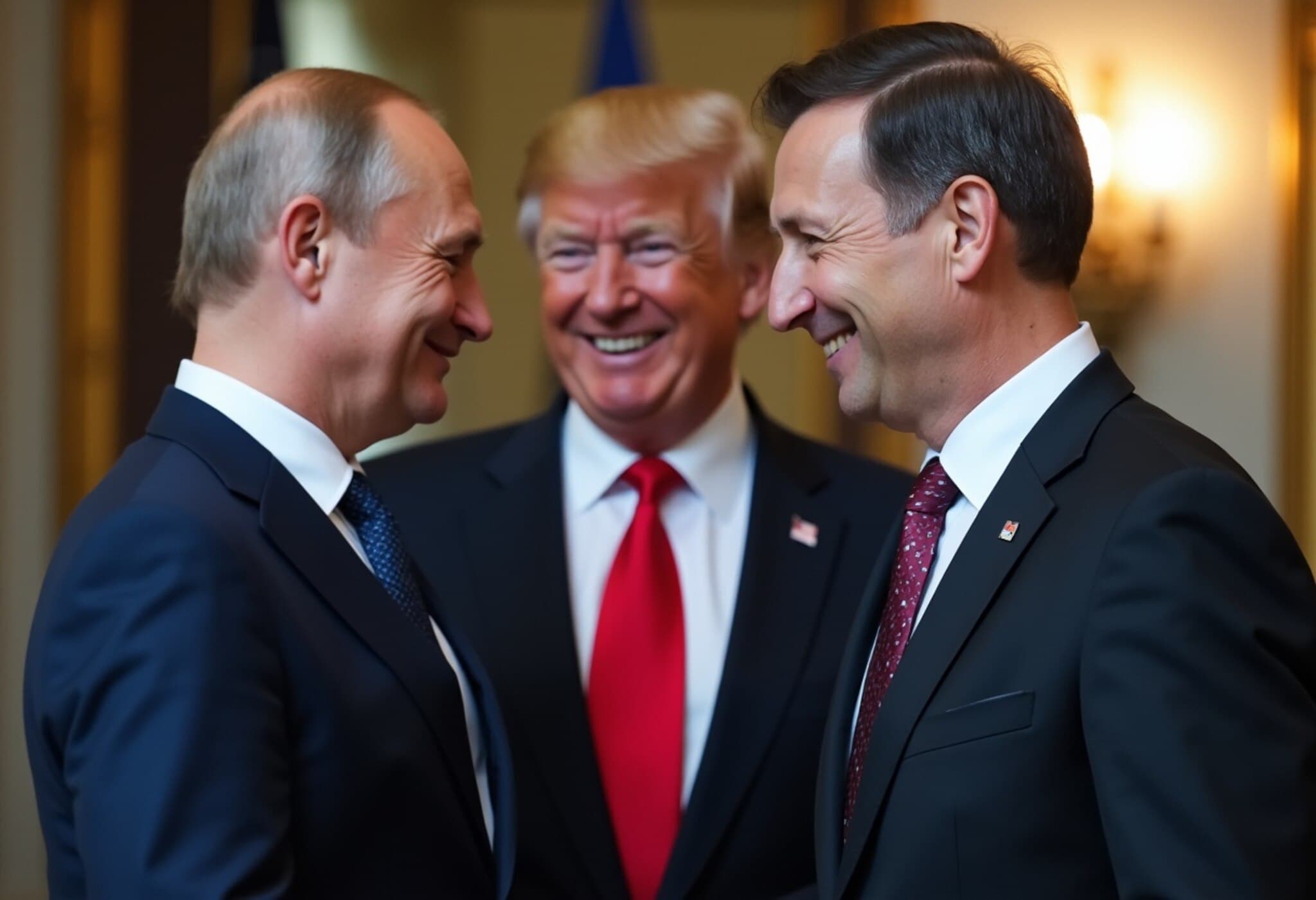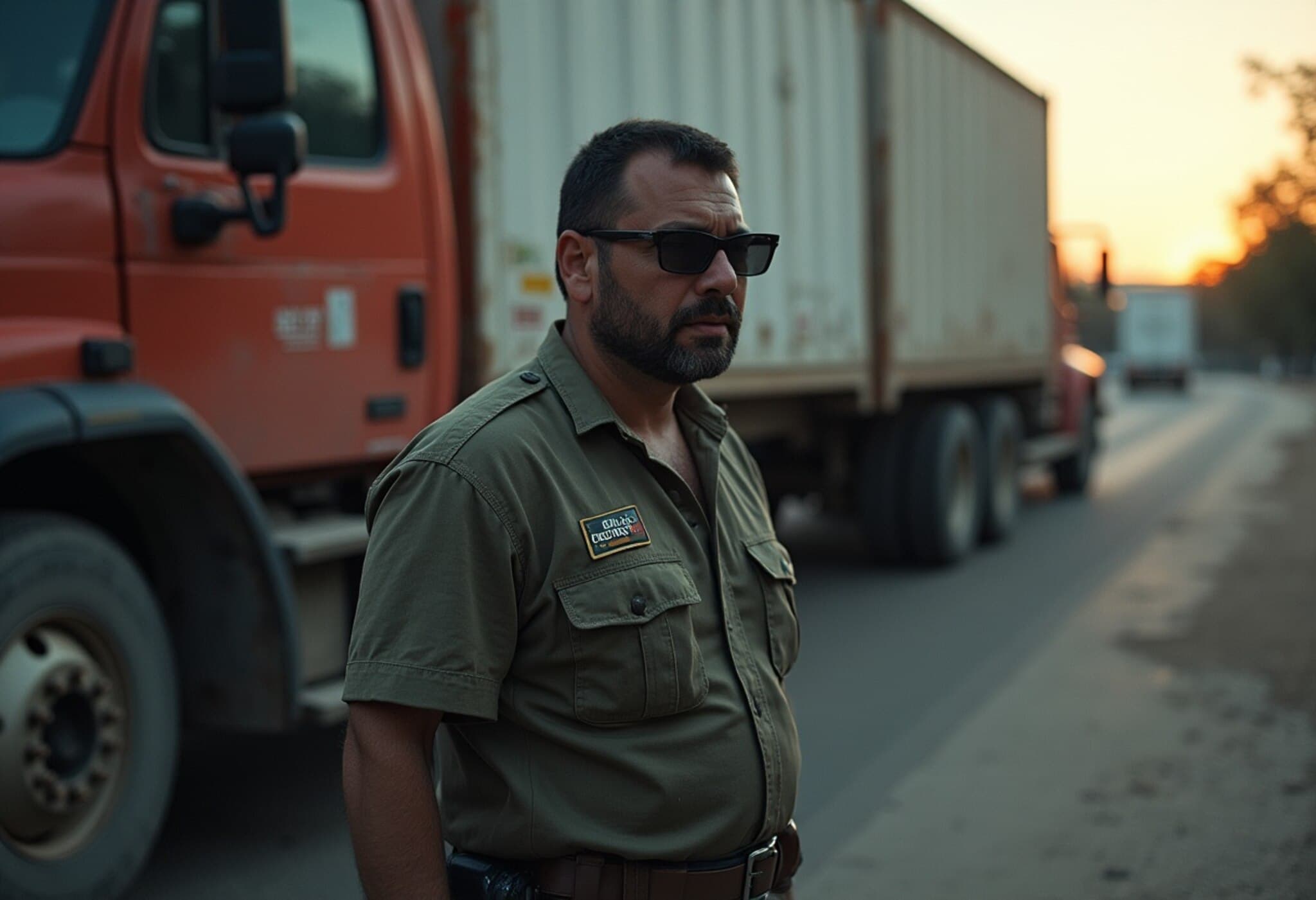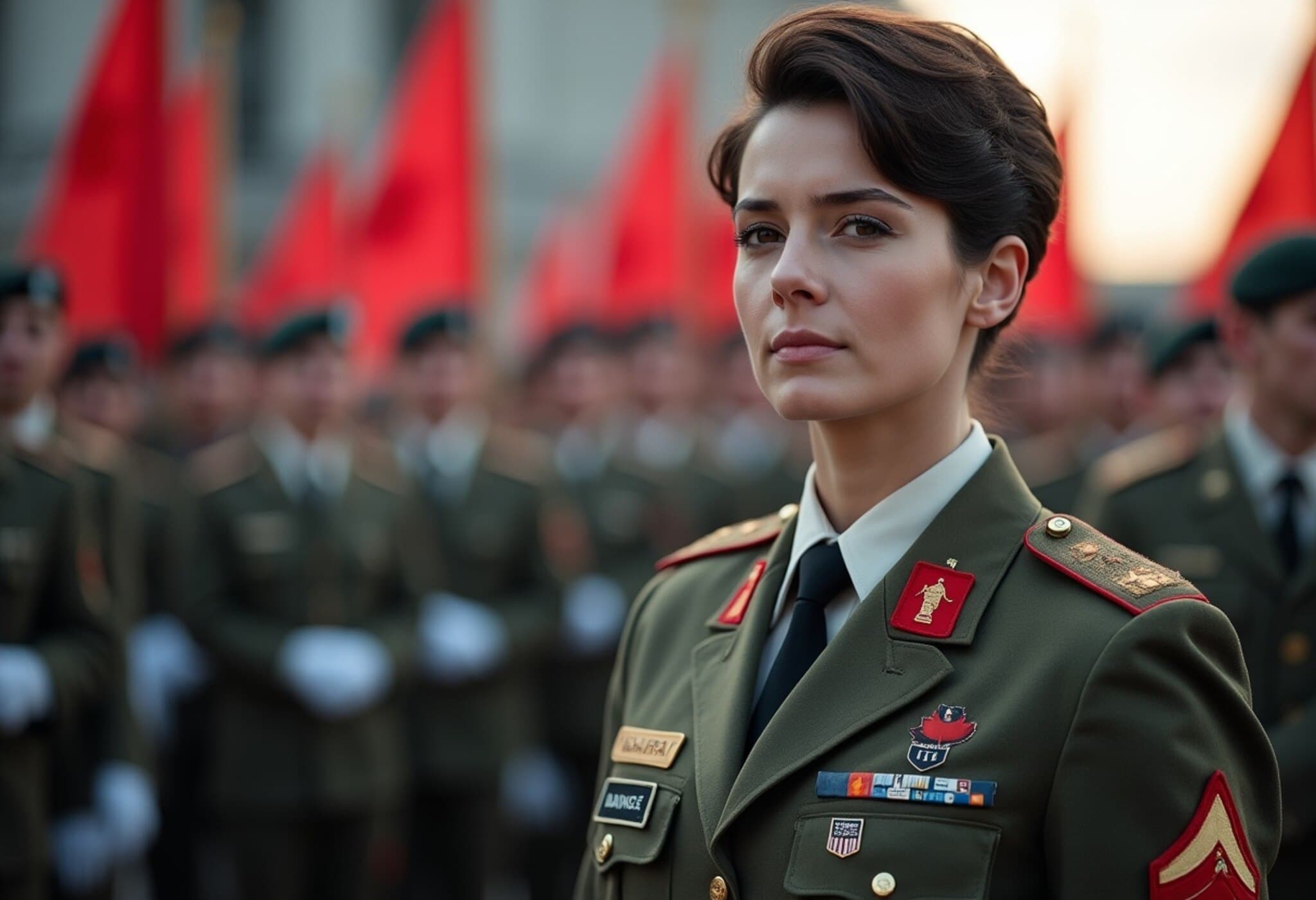Russia Signals Strong Opposition to Putin-Trump Ukraine Peace Summit
Amid ongoing tensions and a protracted conflict in Ukraine, Russia’s investment envoy Kirill Dmitriev has issued a stark warning that formidable resistance is expected ahead of the upcoming peace summit between Russian President Vladimir Putin and former U.S. President Donald Trump scheduled for August 15, 2025. Speaking candidly on his Telegram channel, Dmitriev cautioned that "titanic efforts" will be deployed by undisclosed parties to derail the meeting, employing tactics such as provocations and disinformation to obstruct progress.
Backdrop: A Conflict Lingering with High Stakes
The Ukraine-Russia war has now entered its fourth year, claiming thousands of lives and reshaping geopolitical alliances. Trump's announcement of a potential ceasefire struck a chord with many hopeful for peace, but the path forward remains fraught with obstacles. Several European nations have voiced strong opposition to any deal requiring Ukraine to cede significant territory, signaling deep divisions among international stakeholders.
What’s at Stake in the Putin-Trump Meeting?
The Kremlin has officially confirmed the summit, with Putin’s advisor Yuri Ushakov highlighting the complexity of negotiating a "long-term peaceful resolution to the Ukrainian crisis". This dialogue promises to be intense and challenging, with implications extending far beyond the immediate region. Analysts suggest that Trump’s involvement—despite no longer holding office—reflects the intricate dance of U.S.-Russia relations and an unconventional approach to conflict resolution.
The Chessboard of International Interests
Dmitriev’s vague attribution of disruptors to "several countries" points to underlying geopolitical maneuvering. It is widely understood that various Western and regional actors have a vested interest in the outcome of these talks, some preferring to prolong conflict to maintain leverage. The use of disinformation campaigns and provocations aligns with broader hybrid warfare strategies observed in recent years.
Current Military and Humanitarian Realities
Despite diplomatic overtures, the battlefield remains highly active. The Russian military continues a costly but steady advance, particularly around eastern Ukraine's Donetsk and the neighboring Dnipropetrovsk region, while Ukrainian forces, though strained by manpower shortages, hold resolute in critical regions including Sumy along the northern border. These developments underscore the urgent need for an effective ceasefire, yet compromise remains elusive.
Expert Insights: Navigating a Complex Peace Process
From a U.S. policy perspective, Trump's willingness to engage directly with Putin represents a departure from traditional diplomatic channels centered on the sitting administration—a factor that could complicate or complement existing efforts depending on the alignment of interests. Moreover, the skepticism from European allies highlights the challenge of balancing sovereignty, territorial integrity, and realpolitik in peace negotiations.
- Will undisclosed actors succeed in undermining diplomatic progress?
- How might this summit affect broader U.S.-Russia relations and global security?
- What guarantees can be enforced to ensure any ceasefire holds given the fractured Ukrainian battlefield?
Editor’s Note
The looming Putin-Trump meeting stands at a delicate crossroads—poised between hope for an end to a devastating war and the harsh realities of entrenched hostilities and geopolitical rivalries. As "titanic efforts" mount to either support or sabotage the talks, the international community must weigh carefully the costs of prolonged conflict versus the concessions necessary for peace. Observers and policymakers alike should watch closely how these dynamics unfold, recognizing that the reverberations will reach far beyond Ukraine’s borders.

